Imagine a guy in a short-sleeved button-down shirt and tie sitting at a desk near a large computer. Every hour, an alarm sounds and he takes a tape out of a tape backup system and replaces it with a new tape. Using a felt tip pen, he makes a careful note on the outside of the tape with the date of the backup and the number of the tape so that, if the data ever has to be restored, the tapes can be used in the proper order. This guy might spend hours on this task every single night just to ensure that the company he works for always has a good and current backup of their critical data.
Although 94% of companies still use tape backups, they may no longer be the best way to secure your company data. Cloud storage has come to backups, making them an easy, labor-free, automated process where data can be distributed in the same way it naturally is: across employee computers.
Why Should Your Company Backup Data
Computers are an integral part of most small businesses. They store customer records, accounting information, sale sheets, and more. This data would not only be expensive to recover – it could be catastrophic to a business to lose the data. And computers aren’t perfect – hardware failures happen and they can easily result in the loss of valuable data. Add to that the threat of malware and data corruption, and it just makes good business sense to back up your business data.
Backups also need to be a part of your disaster recovery plan. Your business probably suffers from physical threats which might mean that a physical backup solution is not enough. What if you store all your business files to a tape only to have them melted or destroyed in a fire or natural disaster? All your backups are worthless in that scenario. That’s why every business has to think about a variety of factors when deciding the best backup solution.
Determining the Best Backup Solution for Your Business
There are two main types of backups you might consider for a business: physical storage and cloud storage. Physical storage could be an external hard drive, a tape backup system, or even a backup to a thumb drive. Cloud backups, on the other hand, are done over an internet connection and stored off site in the “cloud” – a network of distributed computers. Each solution has a variety of benefits and detriments. When you select a backup solution, you need to keep in mind the following things:
- Security – make sure your company data be encrypted and stored in a way that competitors and “bad guys” can’t access the data. Many companies feel that physical backups are more secure because the data never leaves their property.
- Security – make sure your company data be encrypted and stored in a way that competitors and “bad guys” can’t access the data. Many companies feel that physical backups are more secure because the data never leaves their property.
- Security – make sure your company data be encrypted and stored in a way that competitors and “bad guys” can’t access the data. Many companies feel that physical backups are more secure because the data never leaves their property.
- Data Integrity Checking – Make sure you that your backups are of good data, not data which has been corrupted or infected with malware or viruses. This needs to be done on a regular basis, sometimes even for every backup.
- Cost – physical backups have a larger up-front cost and may also have ongoing costs for media (like replacement tapes). Cloud storage solutions may have no setup expenses but usually have a monthly fee (although may offer a free trial).
- Monitoring – Cloud solutions may be automated so that files are backed up automatically whenever they are changed or added. However, some external solutions may require someone to change a tape, delete old backups or cycle through tapes. Consider the costs in terms of employee time when making a decision.
- Data Distribution – Physical backup may require all the data to be stored on the network. Cloud solutions, on the other hand, can backup data on each individual computer. However, an additional cost may be associated with the cloud solution in this case.
Many experts agree that engaging a third-party vendor is a good idea when choosing a backup solution, setting it up and implementing it. You might even find that a hybrid solution (both physical and cloud storage) makes the most sense for your business. RFX Technologies would be happy to help. We specialize in custom IT solutions for businesses, including a variety of backup options to meet your needs. Contact us today to learn more.

